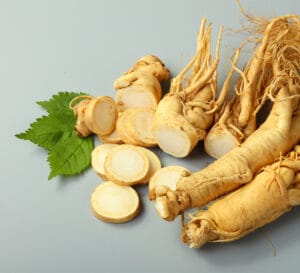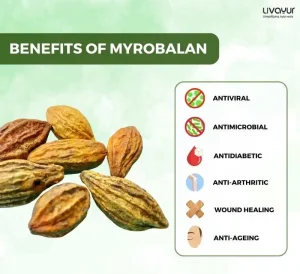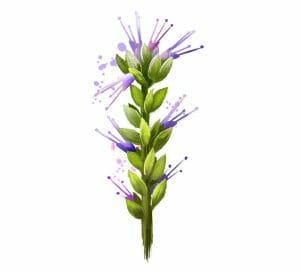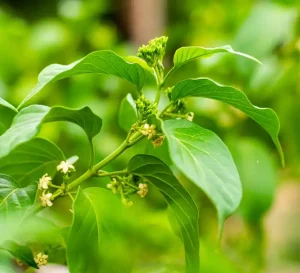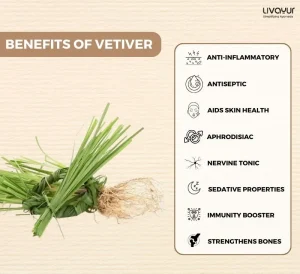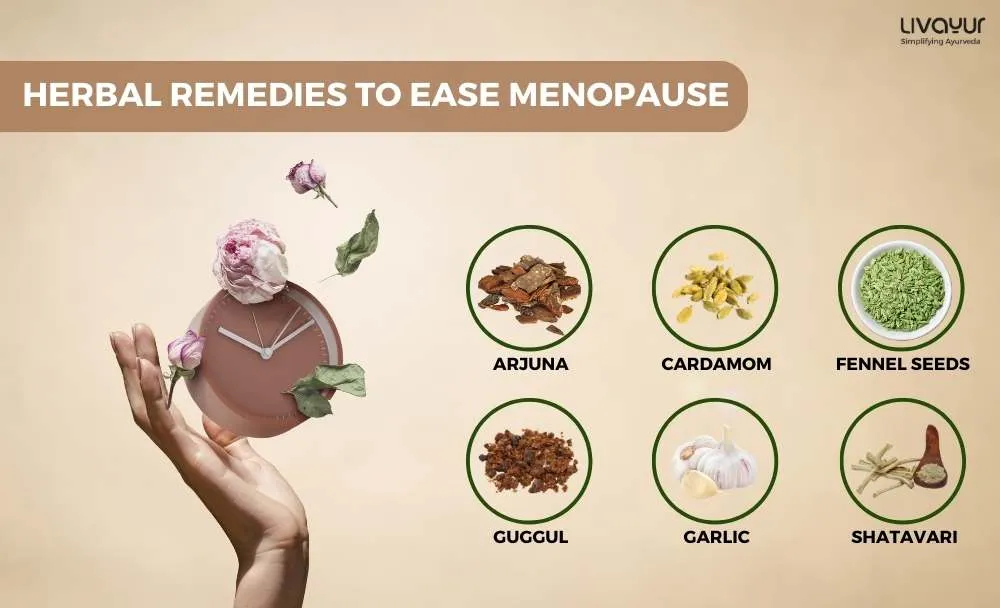
Many psychological and physiological changes happen in a woman’s life. These changes affect the health and often lead to several disorders like PCOS, infertility, menopausal syndrome etc. Ayurveda recommends many herbs, therapies, dietary and lifestyle tips to treat and prevent these problems.
5 Common Women Health Issues and Ayurvedic Tips for Prevention
Polycystic Ovary Syndrome (PCOS)
Polycystic ovary syndrome or PCOS is a female disorder in which the body starts producing excessive levels of androgens, leading to the development of cysts within the ovaries. PCOS can interfere with the growth and release of eggs and may cause problems in conceiving a child.
According to Ayurveda, PCOS is a Kapha disorder. There are many Ayurvedic herbs that help regulate the menstrual cycle and correct hormonal balance, thereby treating PCOS. Some of these herbs include Ashwagandha, turmeric, cinnamon, Shatavari, Kanchnar Guggulu, Guduchi, Punarnava and Shilajit.
Ayurveda also recommends Panchakarma for treating PCOS, especially Vamana, Virechana and Basti therapies. These therapies help detoxify the body, regulate or correct hormonal imbalance, regulate menstrual cycles and boost reproductive health in females.
Menopause
Menopause means the natural cessation of periods or menstrual cycles in women. It occurs when the ovaries stop producing eggs and the levels of progesterone and oestrogen reduce in the body, leading to many physical, emotional and mental discomforts.
According to Ayurveda, menopause is characterized by an aggravation of Vata Dosha, which eventually leads to an imbalance in all three Doshas. Therefore, Ayurveda recommends eating a Vata-pacifying diet during menopause. A Vata-balancing diet includes warm, light, fresh and unctuous foods cooked with mild digestive spices such as cumin, turmeric, coriander, asafoetida, etc.
Ayurveda also recommends some excellent tips to support the Agni and keep the hormonal balance in check. For example, Ayurveda says that one should drink CCF tea (Cumin-Coriander-Fennel Tea) every day during menopause to balance the Doshas.
You should also lead a healthy lifestyle and follow Ayurvedic practices, such as Abhyanga and Yoga. Some of the best Yoga poses for menopause include Suryanamaskar, Tadasana, Vajrasana, Ustrasana, Sarvangasana, Setu Bandhasana and Baddha Konasana.
Including Ayurvedic herbs in the diet can also reduce the symptoms of menopause, such as Arjuna, cardamom, fennel seeds, Guggul, Shatavri and garlic.

Vaginal Atrophy
Vaginal dryness or vagina atrophy is a disorder that causes thinning and drying of the vaginal skin. It occurs due to a drop in the oestrogen levels in the body, leading to an aggravation of Vata Dosha.
Ayurveda recommends maintaining a healthy lifestyle to treat vaginal dryness. You should practice Abhyanga and use medicated oils to provide lubrication. Many Ayurvedic therapies such as Nadi Swedana are also beneficial in treating vaginal dryness.
Sometimes doctors may also prescribe Ayurvedic herbs such as Triphala, turmeric, Guduchi, Ashwagandha and Shatavari to treat vaginal dryness.
Bacterial Vaginosis
Bacterial vaginosis or vaginal bacteriosis is one of the most common women’s health issues. It is a vaginal infection that causes the overgrowth of bacteria in the vagina, leading to inflammation.
According to Ayurveda, bacterial vaginosis is a Kapha disorder and can be cured with some easy home remedies. Eating a few garlic cloves in the morning, drinking turmeric milk or applying yoghurt on the inflamed area are known to treat bacterial vaginosis.
Ayurveda also recommends adding certain foods to your diet, such as broccoli, cabbage, spinach, carrot and turnip. Water and fruit juices are also beneficial as they help flush out toxins from the body.
Infertility
Infertility means the inability to conceive even after trying for a long time. Ayurveda mentions many herbs to treat infertility in both men and women, such as Ashwagandha, Shilajit, Shatavari, turmeric, cinnamon, Kanchnar Guggulu, Punarnava and Guduchi.
Ayurveda also recommends eating foods that help build Ojas in the body, such as milk, ghee, nuts, honey, saffron, whole grains, etc. Many Yoga Asanas also help boost fertility, such as Paschimottanasana, Hastapadasana, Baddha Konasana, Viparita Karani, Shavasana, etc. Panchakarma can also help in infertility disorders by detoxifying your body and balancing your Doshas.
The Final Takeaway
There are many health issues that can affect women’s health and cause discomfort. However, these problems can easily be treated with the help of Ayurveda. Following the Ayurvedic therapies and tips can go a long way in preventing women’s health issues and treating them without any side effects.













